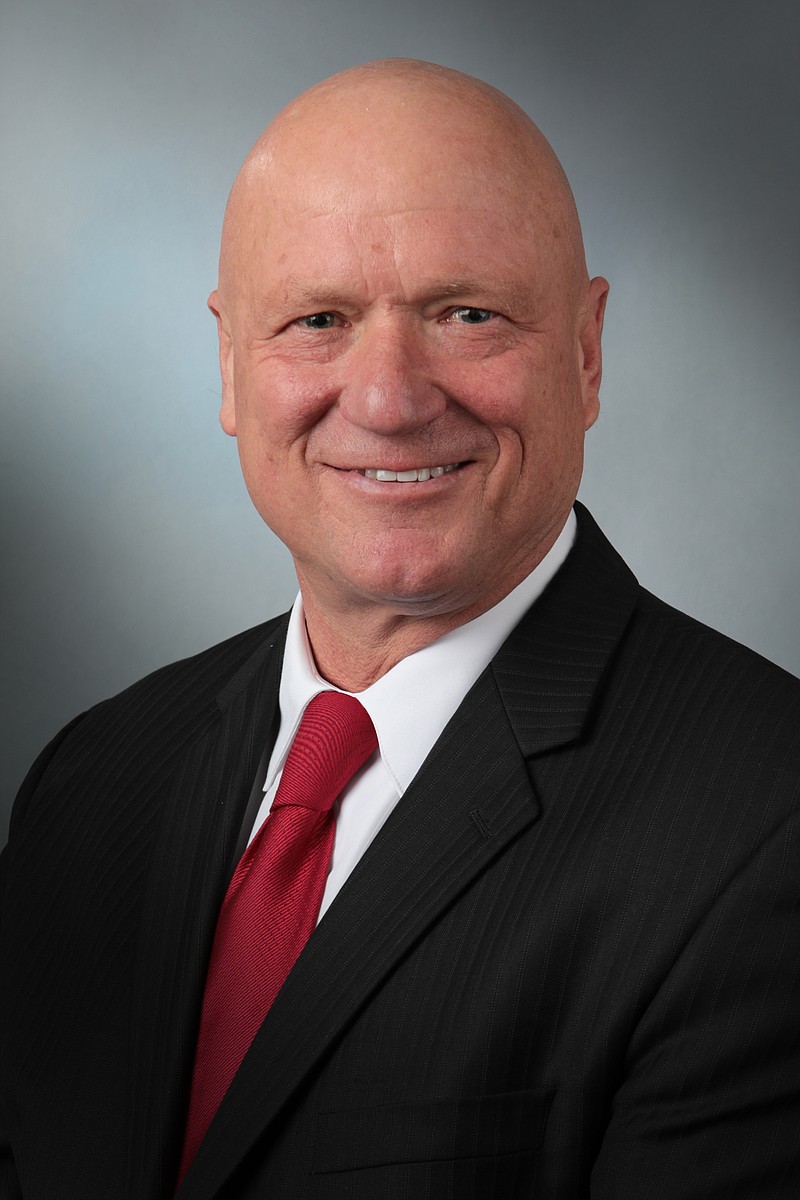Twenty-two every day.
Veterans suffer real hardships when their service is up. They try to reintegrate into society and go back to a regular job. Try to forget the things they saw and pick up where they left off, as though nothing happened. After what they see and experience during wartime, it’s a challenge for many of them.
Around 30 percent of active and reserve military personnel deployed in Iraq and Afghanistan have a mental health condition requiring treatment. Twelve percent of Gulf War veterans experience post-traumatic stress disorder every year. That number goes up to 15 percent for Vietnam vets and as high as 20 percent for Iraqi Freedom and Enduring Freedom veterans. The Department of Veterans Affairs reports that 22 veterans commit suicide every day.
Many try to cope with their issues by using drugs or alcohol. Statistics from the VA show two out of every 10 vets with PTSD also have a substance abuse disorder. Some vets have suffered a traumatic brain injury, affecting their ability to make reasoned decisions. Their mental health challenges, coupled with the potential for substance abuse, has resulted in many of our former service members committing crimes.
According to the VA, more than half of veterans prosecuted for crimes have either mental health problems, substance abuse disorders or both. A large percentage of these were either homeless or at-risk for homelessness. And vets involved in the criminal justice system are at higher risk for suicide.
This country’s first veterans court was established in Buffalo, New York, in 2008. Buffalo had established mental health and drug treatment courts in the 1990s. One day, a judge named Robert Russell noticed what he described as a “sad, lethargic” veteran in his mental health court. The man spoke only in mumbles. The judge asked two veterans who worked at the court to talk to this man. After speaking with these fellow vets, Judge Russell saw a change in the man. That sad, lethargic, mumbling man stood at attention, looked the judge in the eye and vowed to do better. He seemed to remember he was a soldier and showed a pride he had apparently forgotten. The judge then worked to establish what we recognize today as a veterans court.
Veterans courts are a special kind of court, open to veterans who have committed minor offenses and especially targeting those with service-related issues. Instead of jail, the vets are typically put on probation and subject to intense supervision by their probation officers, the VA and the court. What separates vet courts from other specialty courts is the probationers are usually assigned a mentor, another veteran that may have had substance abuse or mental health challenges of their own. Someone who understands what they’re going through and can help them remember the pride and responsibility they once felt. Veterans courts also link these men and women with programs, benefits and services that they can use to address the issues that haunt them.
This year, we passed House Bill 547, which I sponsored in the Senate. This legislation, signed into law by the governor, establishes veterans treatment courts in every circuit in Missouri. It is my sincere hope this will aid in rehabilitating these service men and women whose demons may have gotten the better of them. They’ve sacrificed much for our country, and we owe it to them to provide an opportunity to deal with the aftermath of those sacrifices. They deserve a chance to overcome their mistakes.
State Sen. Mike Bernskoetter, R-Jefferson City, represents the 6th District, and shares his perspective on statehouse issues twice a month.

